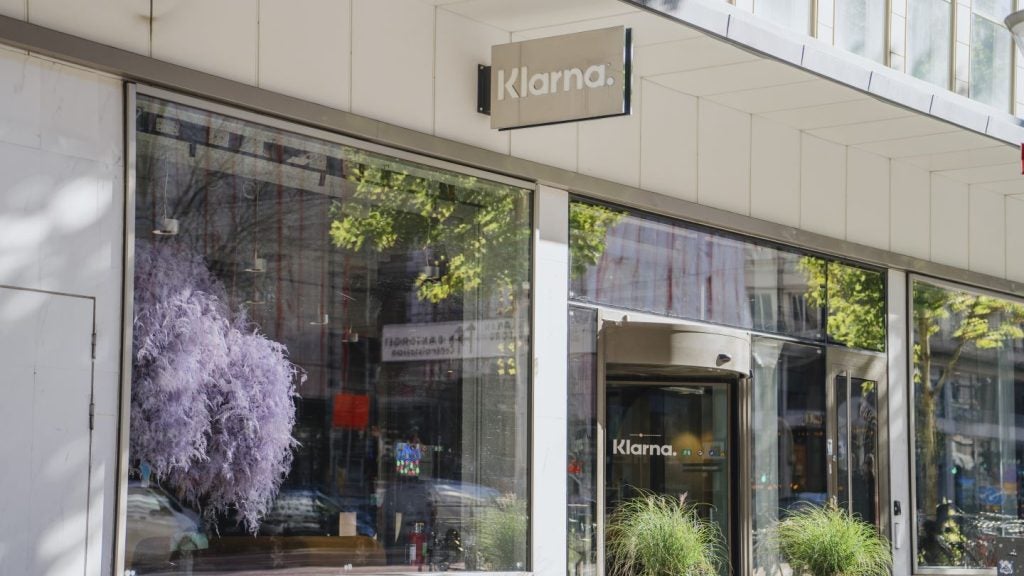
The coronavirus pandemic has dramatically altered the spending habits of credit card holders across the globe. Mohamed Dabo reports.
A sharp fall in spending, a shift to debit cards, a fear of debt, and an increase in savings are some of changes credit issuers are reporting about their customers’ spending patterns and attitude in recent weeks.
Consumers are turning to debit cards in what could be a $100bn annual shift from expensive high-end credit cards over time, according to Visa executive Oliver Jenkyn.
“There’s a consumer psyche of sort of not spending someone else’s money but spending my own money,” said Jenkyn, Visa’s group executive for North America.
US credit-card volumes declined by 21% in May year-over-year, while debit card volumes grew 12%, according to Visa’s latest SEC filing.
 A similar situation transpired in 2008 during the financial crisis, in late-2018 during President Trump’s government shutdown, and the initial clashes from the trade war with China when the stock market took a big dip, Jenkyn said.
A similar situation transpired in 2008 during the financial crisis, in late-2018 during President Trump’s government shutdown, and the initial clashes from the trade war with China when the stock market took a big dip, Jenkyn said.
How well do you really know your competitors?
Access the most comprehensive Company Profiles on the market, powered by GlobalData. Save hours of research. Gain competitive edge.

Thank you!
Your download email will arrive shortly
Not ready to buy yet? Download a free sample
We are confident about the unique quality of our Company Profiles. However, we want you to make the most beneficial decision for your business, so we offer a free sample that you can download by submitting the below form
By GlobalDataConsumers pulled back on credit and shifted to debit then too, common trend during economic difficulties.
Visa saw a 12-percentage-point increase in total consumer spending through e-commerce channels, but said this was “not surprising” since stores were largely closed.
The Covid-19 pandemic is the catalyst that led to a transition to digital payments and a shift in consumer spending which will carry forth in the long-term, Jenkyn said.
He predicted consumers would shift to more pragmatic “low or no fee cash back cards” rather than “high-end high annual fee” travel cards.
Households are spending less, saving more
In the UK, lockdown restrictions implemented towards the end of March resulted in a sharp drop in “non-essential” retail activity, travel and entertainment spending, reported financial trade association UK Finance.
It said credit card spending had shown a “sharp decline” – shrinking by more than 12% in the year to March, including a 14% fall in purchases.
Buoyant activity in supermarkets and other food stores was “more than offset by a collapse in card spending on travel (down nearly two-thirds relative to a year ago) and entertainment (down by 27% over the same period),” UK Finance’s report said.
The report added: “The confidence of consumers to return to previous spending patterns remains uncertain, not least because labour market prospects will remain fragile for many.”
With fewer opportunities to spend, cautious households ramped up their savings, particularly into instant access accounts.
Source: UK Finance
The report said: “Limited retail opportunities towards the end of the quarter and a sharp fall in consumer confidence fed through to a 1.3% rise in total deposits at the end of quarter one 2020 compared with quarter four 2019, with the rise in immediate-access saving coming in at 1.9% over the same period.
“Many economists expect to see a sharp increase in the savings ratio, at least in the first half of 2020. This should provide something of a cushion for households until the economy starts to emerge from this crisis.”
Consumers’ total overdraft borrowing with banks and building societies stood at just over £6 billion at the end of the first quarter of 2020 – down from a peak of around £10 billion between late 2005 and 2009.
The amounts outstanding at the end of March were down by around 1% compared with a year ago.
“We expect this picture to change in coming quarters. This will be driven by the introduction of support measures to bank customers, with personal current account providers offering fee-free overdraft buffers up to £500.”
“With around 27 million additional overdraft facilities in place, next quarter’s data will shed more light on how these have been taken up by customers,” the report said.
More people have turned to contactless transactions
In total there were 723 million contactless card transactions in February 2020, a 12.2% increase from 644 million in the same month a year earlier, according to UK Finance.
The volumes of contactless credit card transactions were 15.5% more than in the same period a year earlier and contactless debit card transactions were 11.6% more than the same period a year earlier.
The total value of all contactless transactions was £6.7bn in February 2020, a 14.0% increase from £5.9bn in the same month in 2019.
In the UK and across the globe, people are spending dramatically less on travel, dining out and entertainment, and significantly more on groceries and other household supplies.
It should take a while for travel and credit card companies to recover, even after the economy opens back up. There will be some pent-up demand, but it seems like a lot of activity has been lost forever, and there’s going to be a backlog of credits to process before new money is spent.







